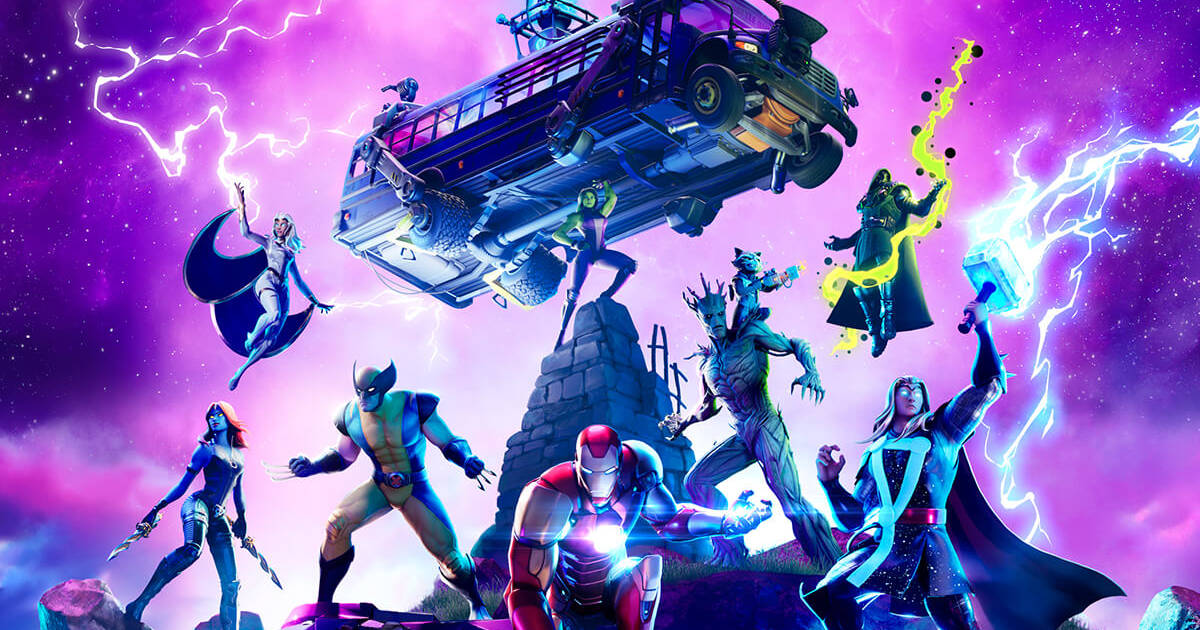

The makers of such games as Among Us, Cult of the Lamb, Vampire Survivors, and dozens more have all said that they’ll have to more or less completely abandon the platform if the change goes through as planned. Developers have taken to Twitter and other social media platforms to show how much the new policy might cost them. That’s because the new fees apply retroactively, taking in historical sales to calculate whether already-published games will be charged. To put it plainly, many indies simply won’t be able to afford to publish games using Unity…and possibly won’t even be able to continue selling existing games that use the cross-platform engine. While Unity has clarified some early misconceptions after the news broke, such as not charging for multiple installations of the same game from the same user and not charging for game demos, the new monetization makes Unity far less attractive to the indie game developers that were previously its bread and butter.
#Epic games stock image software#
Still, reinvesting in its relationship with Epic is an assertively smart way for Sony to stay cautious and strategic while it still has time to prepare for a greater offensive against Microsoft.This is a stark change from Unity’s previous monetization system, which offered the engine and installation for free, then relied on more advanced software subscriptions, an integrated advertising platform (mostly mobile games, but some console and desktop stuff too), and paid analytical tools.

The ship hasn’t sailed on Sony going for a smaller AAA publisher, especially since it has regional neighbors in Capcom, Sega and Square Enix. This put Microsoft in a good position to continue tinkering with its gaming strategy after it first released a more popular subscription offering through Xbox Game Pass before rapidly expanding its first party studios and ultimately acquiring big publishers to get a leg up on Sony during the pandemic. Gaming has been the star segment at Sony throughout the pandemic’s ongoing strain on Sony Music and Sony Pictures, while Microsoft continues to bring in double the revenue off the back of its cloud business, which has understandably soared since COVID highlighted the need for more virtual workspaces. Fortifying its gaming segment with more robust and widespread live services is the smart move here, rather than hastily try to match such an extreme M&A deal as what Microsoft is managing.Īfter all, Microsoft and Sony are far from identical companies. Sony is still pulling in more overall gaming revenue than Microsoft, but that could easily change with the expected close of Microsoft’s Activision acquisition next year. The game and network services segment at Sony currently sees its highest source of revenue come from “add-on content,” aka in-game spending, the bread and butter of any live service in the gaming space.Īs hardware sales from the new PlayStation 5 console eventually wane, Sony is clearly aiming to strengthen in-game spending more than ever through a combination of such purchases across “Destiny 2,” whatever transpires from Epic and Lego’s collaboration and new first-party live services that will come from the PlayStation Studios family. All in all, the Bungie deal is far more reminiscent of Microsoft’s $2.5 billion purchase of “Minecraft” studio Mojang in 2014, which enabled the tech leader to preside over what was then and still is a highly popular live-service gaming platform.įostering a bigger relationship with Epic than ever before, as Epic and Lego partner on a new metaverse experience targeting children, further highlights how Sony is seeking to mirror Microsoft’s success with “Minecraft” given how much it mirrors the Lego ethos of players building and sharing environments with one another, albeit in a digital space. It’s also significant in that Sony is already spending $3.6 billion to acquire developer and former Microsoft studio Bungie, which has been self-publishing its hit live-service shooter “Destiny 2” after terminating the game’s publishing deal with Activision in 2019.ĭespite Bungie’s earlier history with Microsoft, Sony’s move to acquire the studio was reportedly well in the works before Microsoft pounced on Activision. Mogul Memo: A Mea Culpa to Mattel CEO Ynon Kreiz


 0 kommentar(er)
0 kommentar(er)
